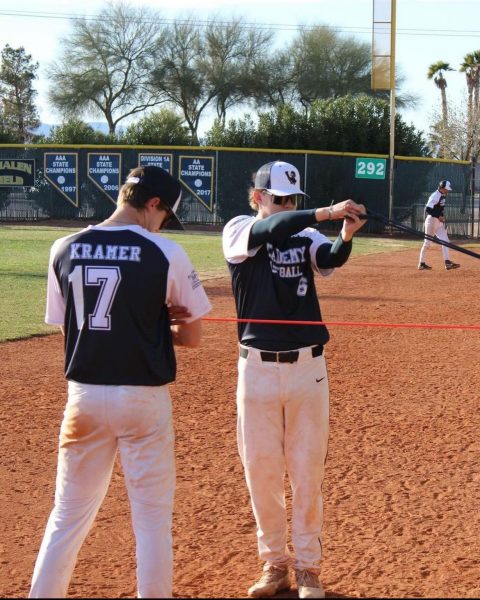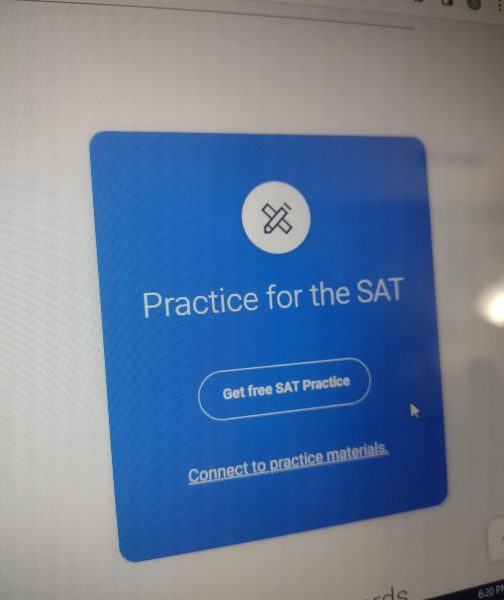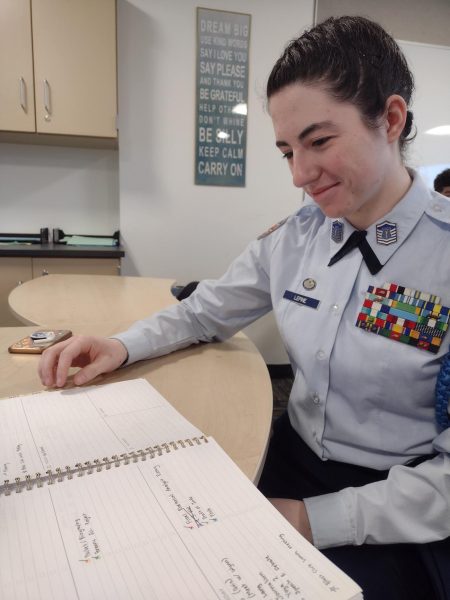A Tribute to Earth Day
![[Earth Day] Photo via (Pixabay) under the Creative Commons License. [http://pixabay.com/en/photos/environmental%20protection/]](https://thejetstreamjournal.com/wp-content/uploads/2015/04/kkkkkkkkkkkkkkkkkkkkkkk.png)
[Earth Day] Photo via (Pixabay) under the Creative Commons License. [http://pixabay.com/en/photos/environmental%20protection/]
A little celebrated holiday in America, Earth Day fuels no Hallmark cards, no rows of sweets and no decorations in super markets. Earth Day was started in the year 1970 during the American revolt against the Vietnam War. Really, the stage was set for the Earth Day movement in 1962.
Rachel Carson, one of the most influential naturalists, wrote a book that topped the New York Times bestseller list. This book, Silent Spring, changed the way Americans thought about their impact on the environment. They turned from pollution, litter, and massive polluting cars to the first Earth Day.
The first Earth Day was on April 22, 1970. Earth Day’s founder is Gaylord Nelson who at the time was a US Senator from Wisconsin who decided to make an impact after seeing the student anti-war movements and a massive oil spill in Santa Barbara in 1969.
As a result, 20 million Americans demonstrated a sustainable human interaction with the environment. Groups of people fighting for separate environmental issues joined forces and helped each other. The political impacts that came from the first Earth Day are the creation of the United States Environmental Protection Agency and the passage of the Clean Air, Clean Water, and Endangered Species Acts.
Today, Earth Day is still celebrated in the US and across the world due to the efforts of Gaylord Nelson. Though it may seem daunting with the environmental work going on in governments and organizations across the globe, it is still possible to help the environment at home and far away by doing small everyday things.
A tribute to Earth Day would be to do these small everyday acts everyday but especially on Earth Day. These little acts are simple and affect the environment in a huge way (positively).
10 Simple Acts Students Can Do To Save the Planet
1. Bring a water bottle. Every year, 17 million barrels of oil are used in the production of disposable water bottles, and of most of those water bottles end up in the landfills where they take forever to decompose. Bringing a water bottle saves money, and keeps the body hydrated along with saving the environment.
2. Buy loose leaf tea. Easily looked over, there is a lot of food packaging waste from individual tea bags. Along with being bad for the environment, tea bags are typically stored longer making the nutrients disappear over time. If tea’s lame and coffee’s the game, buy coffee grounds and don’t use the easily disposable but horribly polluting Keurig cups or Starbucks cups.
3. If while binge watching or binge studying (because that’s a thing), and you find yourself peckish and decide to order out food, tell the phone person that there’s no need for plastic forks, knifes, or napkins. It’s so easy because what house doesn’t have silverware and pitching out plastic is never nice to the environment.
4. Don’t wash your hair. No, that’s gross. Just don’t wash it as much. Washing your hair less frequently can reduce consumption of water and helps reduce the flow of dangerous PCPP (Pharmaceuticals and Personal Care Products as Pollutants) chemicals into water systems. PPCPs are in a lot of cosmetic and personal health products. They are usually not absorbed by the human body and end up running off down the drain to pollute somewhere else.
5. Don’t smoke. As many times as you have heard it you have never heard that it is also called environmental tobacco smoke (or ETS). ETS contains thousands of chemicals many of which are irritants like hydrogen cyanide, and carbon monoxide. More people suffer from illnesses due to ETS than you think; coughing, eye irritation, and colds lead to 3,000 deaths from lung cancer and 40,000 deaths from heart disease a year in the US.
6. Eat veggies. By eating lower on the food chain there is less water going toward a couple of carrots than there are going to feed an entire pig or cow. That pig or cow eats a lot more greens which uses more water and then it is slaughtered for that tiny piece of meat on the leg which makes bacon. You could eat veggies that have less water and fill you up more or you could have that piece of bacon which is more water and resources and only makes you more hungry.
7. Don’t wash the dishes. Yes you can get out of a chore. Hand washing dishes uses more water than a machine uses. Although the point of the machine is to wait until it is totally full until running it (hint, hint).
8. Car pool. Carpooling is a very efficient way to save money, gas, and to force your neighborhood friends to be social with you. Taking the bus is even easier because then you can just put your headphones in and not talk to anyone while you are doing your part for the environment. If it is just completely necessary to be that one guy in the car on the way to school at least keep your car in good condition. That will save you money and gas which helps the environment.

9. Reduce water in any way you can. Don’t take baths. And if you didn’t understand turning off the water stream while your brushing your teeth is a given now a days. The world is low on water and water is a finite resource that we must protect.
10. What do you do to help our planet? Put your answers in the comments section and help students at Air Academy save the earth one piece of paper at a time. By the way use both sides of the paper when your taking notes and stuff so that a tree doesn’t cry.

Bonjourno! Me llamo Sophie. I am a tri(sort of) lingual senior with a large passion for sarcasm and baked goods. I still am in band, writers guild, link...













Maddy J • Apr 15, 2015 at 8:30 am
You know another way to help the Earth? Let natural selection back in. Human habitation hurts! Human habitation hurts! Human habitation hurts!
Kayla Wiitala • Apr 15, 2015 at 8:20 am
There’s a lot of great tips in this story!